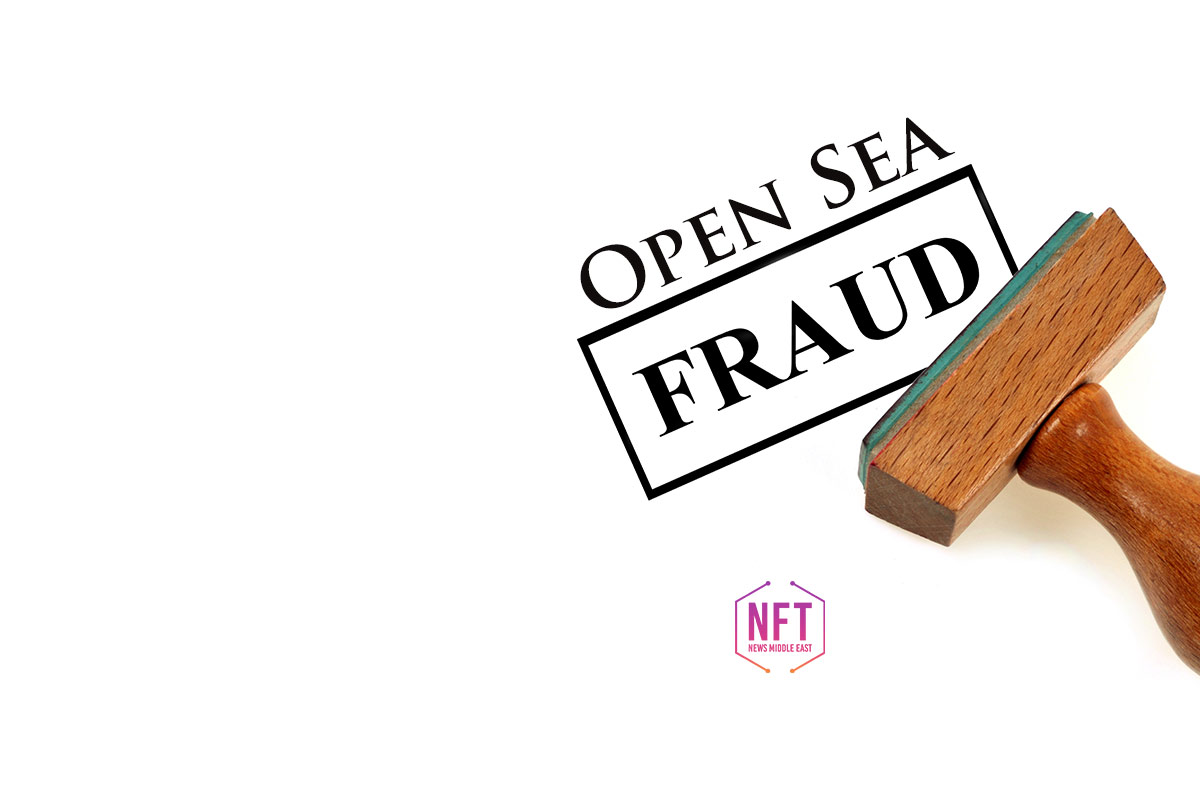OpenSea is one of the most popular crypto startups for creating and selling NFTs. Among upcoming creatives, this platform is useful for promoting their craft. However, with growing popularity comes the risk of fraud and scammers hoping to skim off the booming industry.
This is exactly what OpenSea has been battling with for the last few months. The issue reached a climax on the first day of June 2022, when an employee of OpenSea, named Nathaniel Chastian was arrested for fraud.
Amidst growing complaints of scammers and hackers stealing from creatives on the platform, this employee used his privilege as an employee of OpenSea to steal confidential information. Using this confidential information, Chastian purchased dozens of NFTs in advance of them being featured on OpenSea. As an employee of OpenSea, Chastian betrayed his employer by using confidential business information to make money for himself.
How Insider Trading may affect the NFT marketplace
Insider trading involves the trading of a company’s stock by someone who has material, non-public information about that stock for any reason. As is the case of OpenSea, this kind of insider trading is illegal when the material information is still non-public. Chastain, in using confidential information of OpenSea’s NFT trading to make money for himself, violated the confidentiality of his employer. This is what makes up the crux of his fraud charge.
Although there is no particular law against insider trading, this OpenSea fraud is making waves as the first-ever insider trading charge. U.S. Attorney Damian Williams said, “NFTs may be new, but this kind of criminal scheme is not”. Among NFT enthusiasts, fraud on the OpenSea marketplace is not new. There have been numerous complaints about a flaw in OpenSea’s network that makes it easy for hackers to trade NFT worth millions of dollars for far less than it is worth.
However, this first case of NFT insider trading calls for questions as to what kind of law and policy regulates the NFT marketplace. Because the industry is a relatively new one, there have been no particular regulations set in place. Chastain, 31, is charged with one count of money laundering and one count of wire fraud. Each count carries a maximum sentence of 20 years in prison.
No law has been set in place that guarantees the extent of a charge bordering on illegal insider trading in the NFT marketplace. Nevertheless, the Chastain case is sure to set a precedent for crimes done in the NFT space. In addition, as Damian Williams said, the charges demonstrate the commitment of the office to stamp out insider trading, “whether it occurs on the stock market or the blockchain”.
Bottomline
In conclusion, even though Chastain used privileged information for personal profit, the NFT marketplace as a whole is subject to its dose of fraudulent activities. For every aspiring NFT creator or trader, due diligence cannot be overrated. No system glitch caused the fraud by Chastain, but fingers are crossed that OpenSea fixes the flaw in its system. The indictment against Chastain is still an allegation. Until a judge decides otherwise, the defendant is innocent until proven guilty.
















